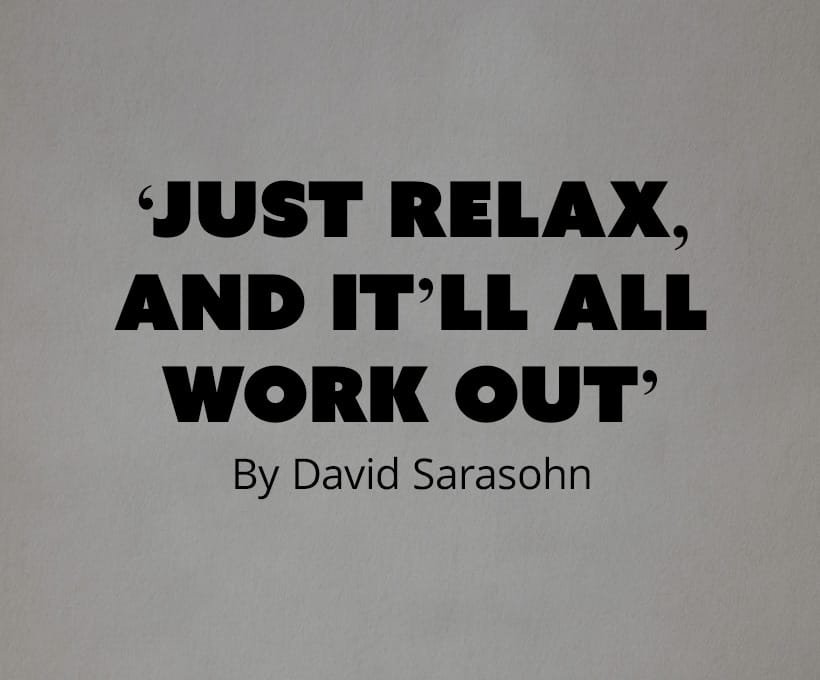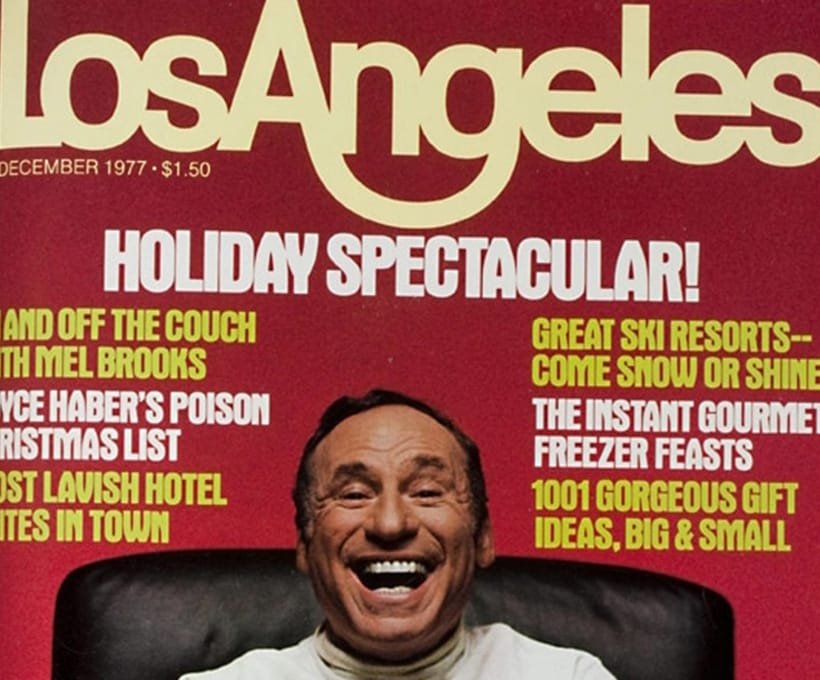Not sure where to start?
Try the Personal Concerns Inventory (PCI) to clarify what to focus on, or start with Relaxation Therapy for guided meditation.
Try the Personal Concerns Inventory (PCI) to clarify what to focus on, or start with Relaxation Therapy for guided meditation.

An article about Reaume C. Mulry, Ph.D. and his creation of Relaxation Therapy. From Los Angeles Magazine, December 1977.
👉 Access the full collection of Relaxation Therapy recordings →

Dr. Ray Mulry may be one of the most successful psychologists in Orange County, but he isn’t sure that most people really need professional help. “What people do in the therapy is initiate a program of self-study, and the therapist himself may not be very relevant,” says Mulry. “If people treated their home as a therapy center, and improved it, that would help them a great deal.” Mulry, 37, is the creator of Relaxation Therapy and Tension Management, a program designed to let people relax and ponder their problems at home. Using a combination of relaxation tapes and a book on identifying your problems, Relaxation Therapy has brought him a lucrative practice and is now creating wide interest in Orange County medical and tense-businessman circles. He has been invited to explain it at meetings of both: the county directors of nursing in April, Rockwell’s Autonetics Division in March. Mulry, says Jerry Morton, director of consumer communications and special activities for Thompson-Ramo-Wooldridge, is “a very marketable commodity.”
In Relaxation Therapy and Tension Management, the consumer lies down in a darkened room and listens to a tape, such as “Gentle Rainfall.” Mulry recorded the tapes personally, at a cost of $30,000, and says flatly, “They will relax you.” Relaxed, the consumer then makes a note of what made him tense. After several weeks he looks for a pattern in his notes, and in his new, calmer state of mind, considers what to do about it. “This is the only program that springs from within the medical community,” declares Mulry, who says most of his patients come by referral from M.D.s. “The holistic movement is making a mistake in its attitude toward the medical community.” Relaxation therapy differs from other tension solutions, he argues, in not only relaxing the consumer but also in dealing with his problems. “Obviously, there are some people who are really whacked out, and it won’t help them,” he admits. “But it can help the everyday individual, trying to live in a reasonably neurotic or crazy culture.”
So far, the crazy culture has been yielding fairly consistently to Mulry’s tapes. Lee Sterzer, of Rockwell, reports that Mulry’s presentations produced ”a large number of extremely favorable comments. The discussion in the last session indicated that the people involved had felt great changes in their lives and had passed the program on to others.” He plans to recommend the program to other Rockwell divisions. Morton predicts that Mulry ”could be the new Southern California guru.”
The doctor’s own plans are almost as ambitious. He acquired a marketing manager in March and is preparing his tapes-and-book package for wider distribution. With several M.D.s. he has opened a Pain Rehabilitation Center at Canyon General Hospital in Anaheim. Relaxation therapy, says Mulry. has helped with cardiac problems, lower back pain and any condition normally involving Valium. After several weeks, the center has a waiting list.
“The program is persuasive,” he claims, “because it makes sense to people. Psychology must talk the language of the people. People have the right to expect us to produce something. If we can’t, then we should go out of business.” ■
📖 Explore the full Relaxation Therapy guide to understand its role in tension management better.